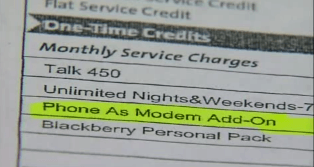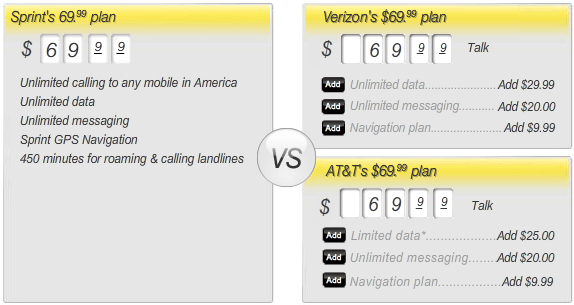Federal Communications Commission Chairman Julius Genachowski spent this morning in Orlando delivering a keynote address opening the wireless industry’s annual trade show.
Stop the Cap! spent part of the morning following the event over a live stream that most wireless customers would never dare to watch — fearing they’d blow past their monthly usage limits. Genachowski steered well clear of commenting on yesterday’s merger announcement between AT&T and T-Mobile. But then AT&T must have hacked their way into the tablet the FCC chairman was reading from, because he suddenly launched into a series of talking points that could have come right off of AT&T’s government affairs website.
“Mobile broadband is being adopted faster than any technology in history, but there’s a catch,” Genachowski said. The chairman said the demand for wireless broadband is overwhelming the country’s wireless infrastructure. “The coming spectrum crunch threatens America’s leadership in mobile,” Genachowski said.
It appears Julius has been listening to AT&T executives who have made the spectrum crunch and “America’s leadership in wireless broadband” bullet points a hallmark of their argument for a merger with T-Mobile.
In fact, although T-Mobile delivers AT&T additional mobile broadband capacity in selected major cities, the company is likely to find many of T-Mobile’s cell sites redundant, and some of T-Mobile’s spectrum is incompatible with AT&T’s network unless customers are handed new devices.
America’s “leadership in mobile broadband” can be judged in many different ways. For example, we feel many in Washington are helping AT&T lead the way to a mobile duopoly. We are also leading with some of the most expensive mobile broadband service in the world, a fact of life that will never change in America’s shrinking competitive landscape.
Spectrum issues are solvable by the FCC without destroying competition with yet another colossal merger. The chairman’s telegraphing of AT&T’s talking points can only be seen as an encouraging road map by which the huge telecom company can sell its deal to regulators by selling out consumers.


 Subscribe
Subscribe






